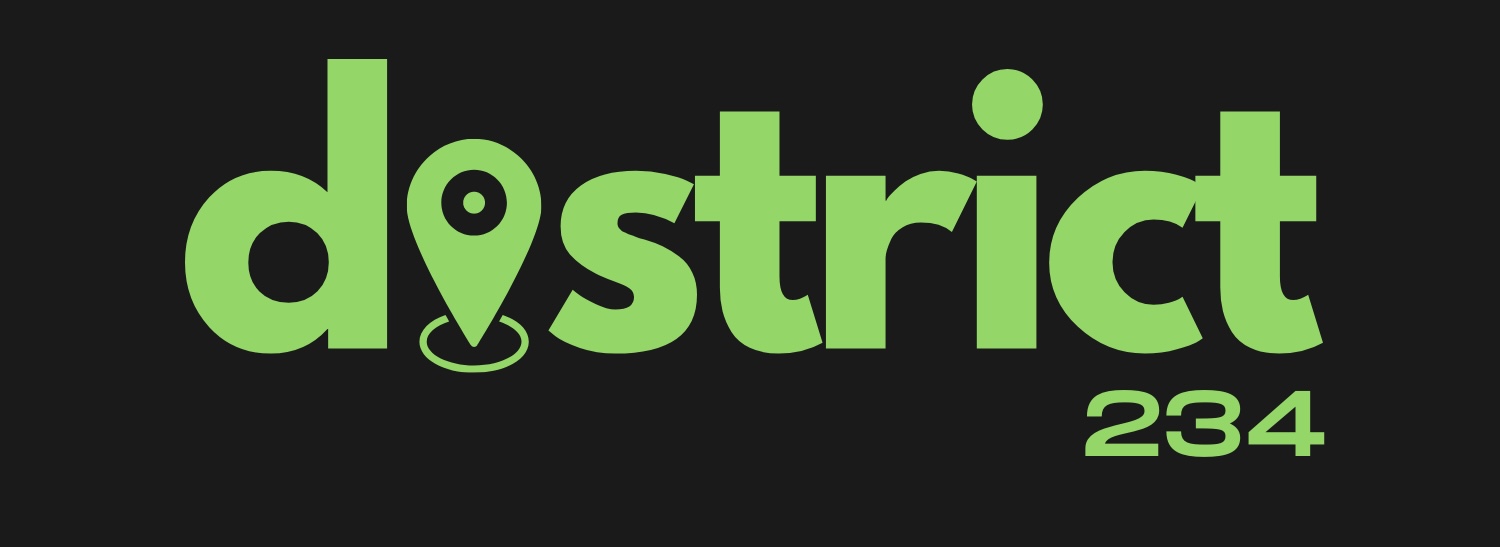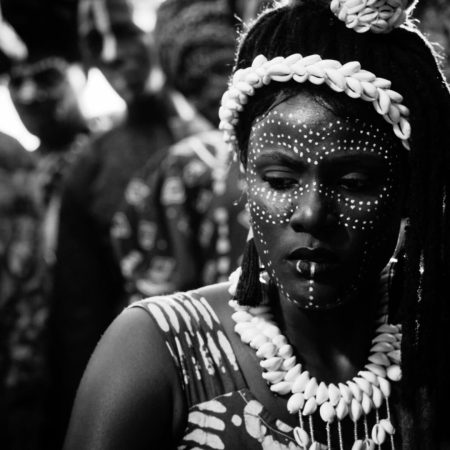In 2013, in the heart of Nigeria’s bustling literary scene, a digital revolution was brewing. Author Okechukwu Ofili, armed with a vision to democratize storytelling and empower African voices, launched Okadabooks, a groundbreaking digital publishing platform that would forever transform the landscape of African literature.
Imagine a world where anyone with a story to tell could share it with the world without having to jump through hoops and wait in line for years. That’s the world that Okechukwu Ofili envisioned when he launched Okadabooks.
Okadabooks emerged as a sanctuary for aspiring and established writers alike, offering a self-publishing model that shattered the barriers of traditional publishing. Gone were the days of navigating through the labyrinthine world of agents, publishers, and lengthy submission processes. On Okadabooks, writers held the reins of their creative destiny.
With its user-friendly interface and accessible platform, Okadabooks opened a floodgate of literary talent. Over 55,000 authors flocked to the platform, eager to share their stories with a global audience. Their works, spanning diverse genres from thrillers and romances to historical fiction and social commentary, told the stories of African experiences and perspectives.
Okadabooks was more than just a platform for publishing; writers connected with each other, exchanged feedback, and celebrated each other’s successes. They formed friendships, shared writing tips, and encouraged one another to keep pushing their creative boundaries.
The platform’s impact extended far beyond the realm of writers. Okadabooks connected over 500,000 readers to a treasure trove of African literature, providing diverse narratives and introducing them to voices they may never have encountered otherwise. They could browse through genres, discover new authors, and delve into captivating tales from across the continent, all from the comfort of their homes. Okadabooks was like a treasure trove of stories waiting to be unearthed.
The platform’s impact on the African literary landscape was undeniable. It provided a platform for marginalized voices, showcasing stories that had long been overlooked or silenced. Okadabooks also played a pivotal role in fostering a sense of pan-African literary identity, connecting writers and readers across borders and cultures. Okadabooks demonstrated that literature is not confined to the pages of dusty books or the exclusive circles of traditional publishing; it is a dynamic, living force that thrives in the digital age.
Unfortunately, in 2023, the unthinkable happened. Okadabooks announced its closure. The news sent shockwaves through the literary community, leaving writers, readers, and enthusiasts alike reeling from the loss of a beloved platform. One of the primary challenges faced by Okadabooks was financial sustainability. The platform relied on advertising revenue and author fees, but these sources proved insufficient to cover operational costs, particularly as the platform grew in popularity. The lack of a robust monetization strategy ultimately hindered Okadabooks’ ability to sustain its operations.
Okadabooks’ closure has cast a shadow over the future of African literature. The platform’s demise raises questions about the sustainability of digital publishing models in Africa and the challenges faced by aspiring writers in reaching a global audience. The future of African literature is undoubtedly uncertain, but the closure of Okadabooks does not signify the end of an era. Instead, it serves as a call to action, urging the literary community to adapt, innovate, and find new ways to support and promote African writers.
Okadabooks’ legacy lives on. It showed us that literature is not just for the elite; it’s for everyone. It’s for the writer who dreams of sharing their stories with the world, and for the reader who craves unique narratives and perspectives. Aspiring writers, explore new platforms and connect with fellow wordsmiths. Publishers, champion African voices and embrace digital storytelling. Readers, seek out and share African literature, and engage with the writers. Together, we can ensure African literature thrives in the digital age.












Leave a Reply